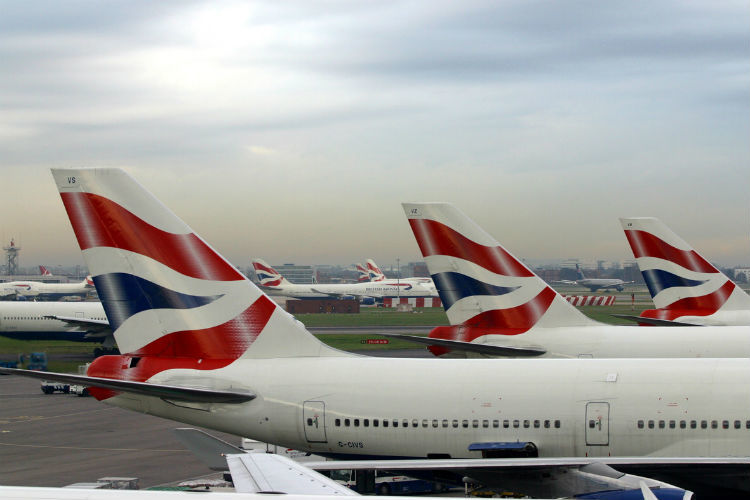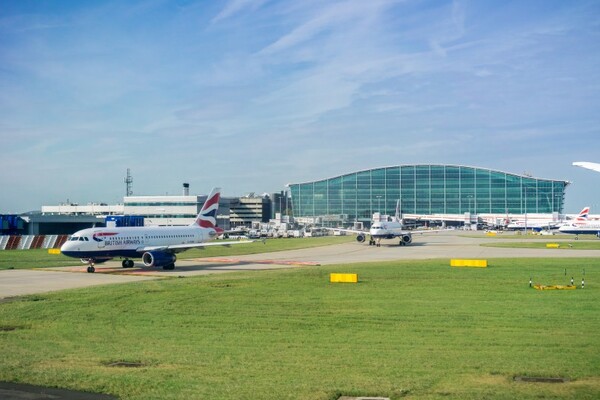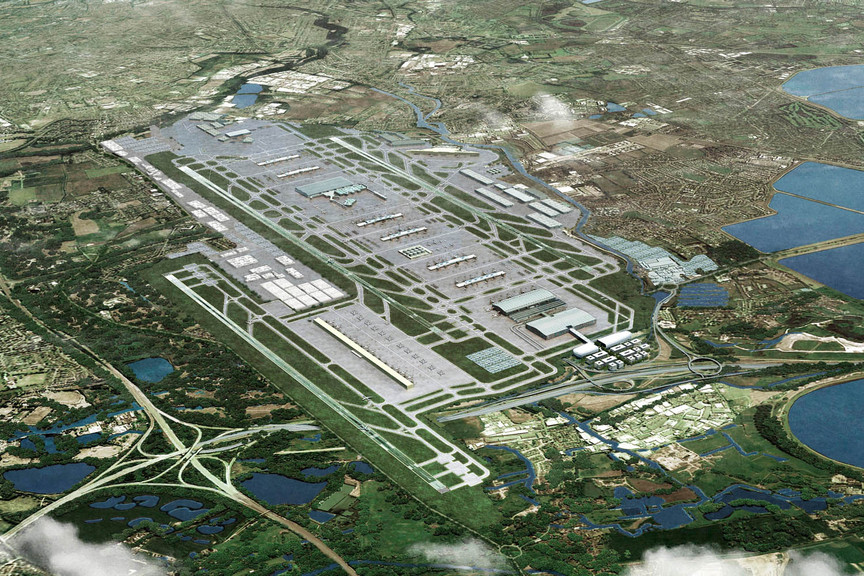British Airways to review ‘fuel tankering’ practice
 James Chapple
James ChappleBritish Airways has pledged to review its practice of “fuel tankering” – flying aircraft with additional fuel to avoid filling up at destination airports.
Willie Walsh, chief executive of BA parent IAG, told analysts during a capital markets briefing on Friday (8 November) the group was considering whether the practice, which saves money but increases emissions, was sustainable.
Walsh’s comments came ahead of a BBC Panorama exposé on Monday evening (11 November) entitled Panorama: Can Flying Go Green?
Airlines “tanker” for various reasons such as mitigating fluctuations in fuel costs and disparities in fuel cost at different airports, and for operational reasons such as increasing the speed it can turn an aircraft around.
Documents seen by the BBC show BA has routinely operated flights with excess fuel; one recent flight to Italy carried an extra three tonnes of jet fuel according to the BBC, saving BA just £40 while resulting in the emission of an additional 600kg of carbon dioxide.
Walsh admitted IAG carriers did practise tankering, and that the potential savings incentivised it, but stressed the group was questioning whether the practice was sustainable.
IAG last month pledged to achieve net-zero carbon emissions by 2050. It has also vowed to offset all emissions from BA’s domestic flying programme next year by investing in carbon offsetting projects around the world.
Activist travel firm Responsible Travel branded the move “absolutely the worst case of greenwashing”.
According to Panorama, BA’s aircraft generated an additional 18,000 tonnes of carbon dioxide last year through fuel tankering.
A Eurocontrol report found airlines save around £228 million a year via fuel tankering, but at the cost of admitting an additional 900,000-plus tonnes of carbon dioxide.
’Common practice across airline industry’
Responding to Panorama’s report, BA said fuel tankering was an industry-wide practice that contributed to 0.1% of the carrier’s total emissions.
BA said tankering was sometimes practised at the request of specific airports for operational reasons, such as when there is insufficient time to fully refuel to meet the departure time; in the event of industrial action; or when flying to airports where diversions are common.
“It’s common practice across the airline industry to carry additional fuel on some flights due to operational, safety and price reasons,” said BA in a statement. “For British Airways, this applies to mainly short-haul destinations where there are considerable fuel price differences between European airports.
“Based on research published by Eurocontrol’s Aviation Intelligence Unit, the additional carbon dioxide emissions from British Airways represents approximately 2% of the total extra emissions generated by all airlines tankering fuel in Europe.
“The practice contributes less than 0.1% of the airline’s total carbon emissions. Since 2012, flights within Europe are covered by the EU emissions trading system (EU ETS) and from 2020, British Airways will offset all carbon dioxide emissions from its UK domestic flights.”
Walsh added the issue need a “multi-faceted response”, and stressed IAG was investing $400 million in sustainable fuel development and was transitioning to a more fuel-efficient fleet.
’Airline lip service has to be challenged’
Justin Francis, founder and chief executive of Responsible Travel, said: “We see many airlines turning to carbon offsets as a cynical greenwashing ploy; offsets don’t work and they delay innovation and investment in cleaner technology.
“What we need – and urgently – is carbon reduction, and that involves investment, which airlines are failing to commit to.
“Now we hear of fuel tankering, and it comes no surprise. Astonishingly, aviation is still exempt from tax and VAT, and except from the states action plans under the Kyoto Protocol and Paris Climate Agreement.
“Airline lip service to reforms has to be challenged. The polluter-must-pay principle has to apply and we need concrete proposals for effective reforms through government intervention.”
Sign up for weekday travel news and analysis straight to your inbox

James Chapple
Supplier Directory
Find contacts for 260+ travel suppliers. Type name, company or destination.













